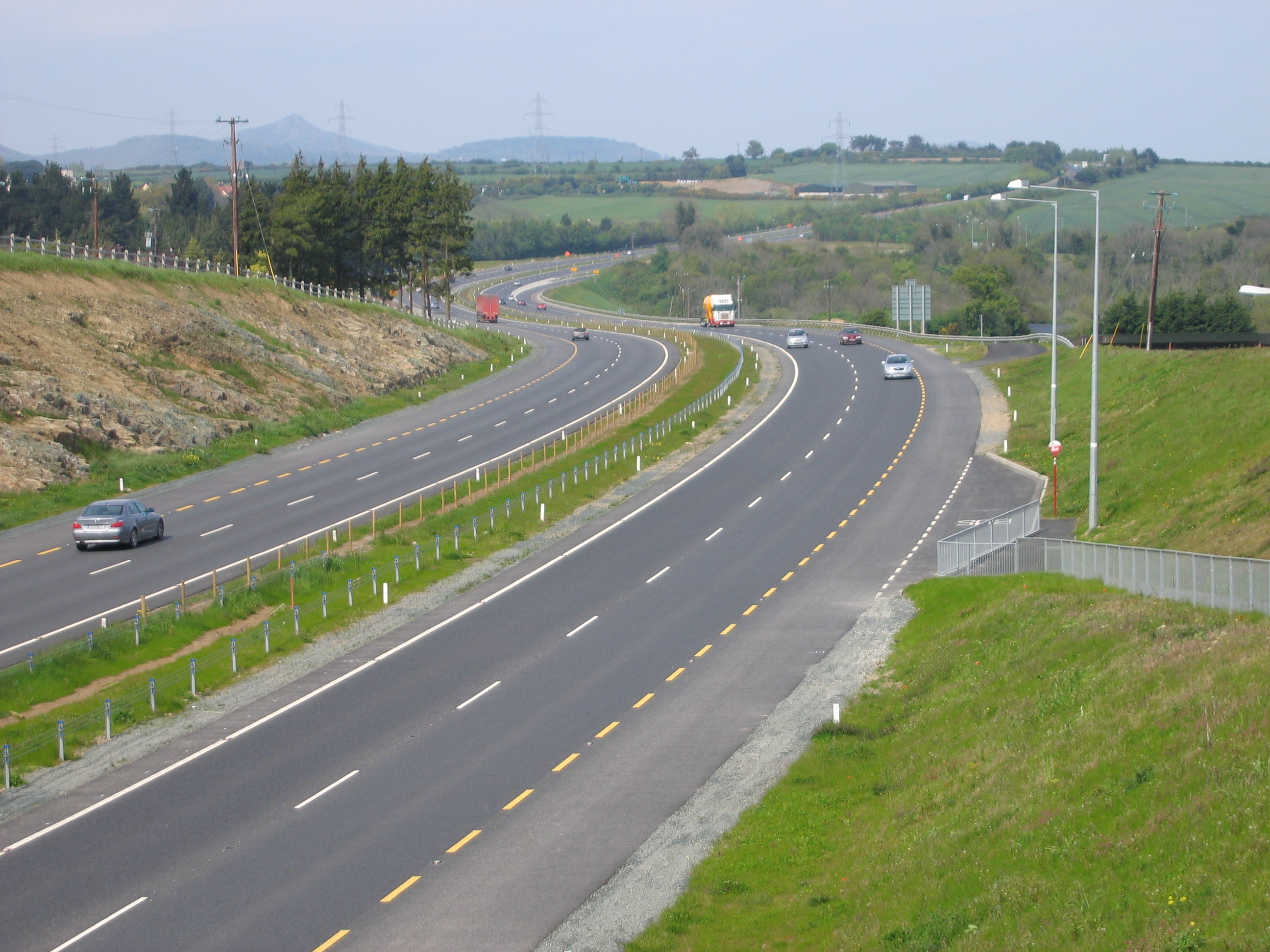Staff Reporter
The Mbudzi Interchange construction project is taking significant steps to address environmental concerns, particularly slope erosion, ensuring the safety and sustainability of the infrastructure. By implementing eco-friendly erosion control measures, the project aims to protect both the landscape and local ecosystems.
To combat erosion effectively, Kikuyu grass has been strategically planted along the slopes of the interchange.
In an interview with this publication, Ministry of Transport and Infrastructure Development Communications Officer Judith Nhau highlighted that the gradient on that particular section made Kikuyu grass the best method of erosion protection.
“This choice not only serves to prevent soil loss but also enhances the aesthetic appeal of the interchange, blending functionality with beauty. The use of Kikuyu grass will also beautify the interchange,” she added.
Nhau emphasized, that the use of Kikuyu grass also fosters biodiversity, creating a more vibrant habitat for local wildlife.
“It does not affect the surrounding ecosystem negatively; it affects it positively. The benefits of this initiative extend beyond mere aesthetics. By preventing soil erosion, the project significantly reduces sedimentation in nearby waterways, which is crucial for maintaining water quality and protecting aquatic life,” she said.
Local residents have warmly welcomed these sustainable efforts.
A nearby resident, Caroline Chizivano expressed her enthusiasm for the initiative.
“We are thrilled to see the Government prioritizing environmental protection. The interchange will not only improve transportation but also preserve our natural surroundings,” she remarked.
Another community member, Esther Mushayavanhu echoed same sentiments reflecting a growing awareness and appreciation for sustainable development practices in the community.
“As residents, we are concerned about the environmental impact of infrastructure projects. The use of Kikuyu grass is a brilliant idea, and we appreciate the government's commitment to responsible development,” she said.
The Mbudzi Interchange project sets a commendable precedent for future infrastructure developments in Zimbabwe. By focusing on sustainable practices like slope erosion protection, it showcases the multifaceted benefits of such measures, including environmental sustainability, public safety, and economic advantages.
This proactive approach to environmental responsibility not only enhances infrastructure resilience but also contributes to the long-term health of the surrounding ecosystem.




